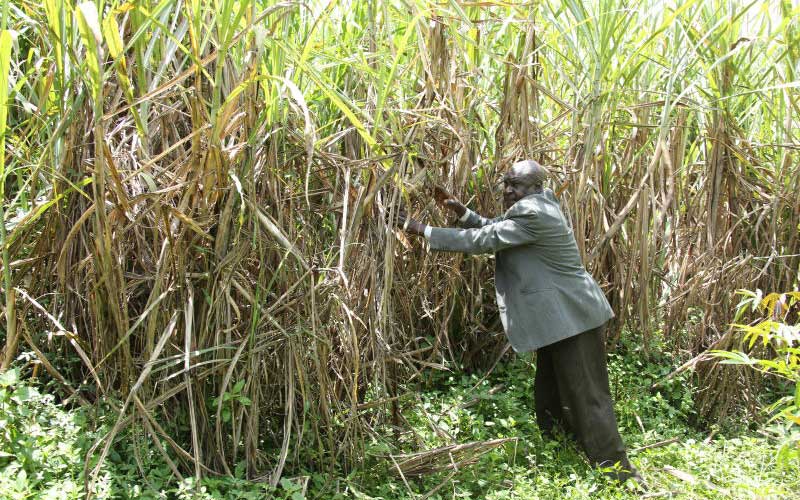×
The Standard e-Paper
Fearless, Trusted News

The sugar sector continues to sink deeper into the mire as the country awaits the salvage plan mooted by President Uhuru Kenyatta’s task force to be implemented.
The report was expected to be released this month but farmers are not keen because many reports produced over the years, some recommending full privatisation of the state-owned sugar companies, were never implemented.